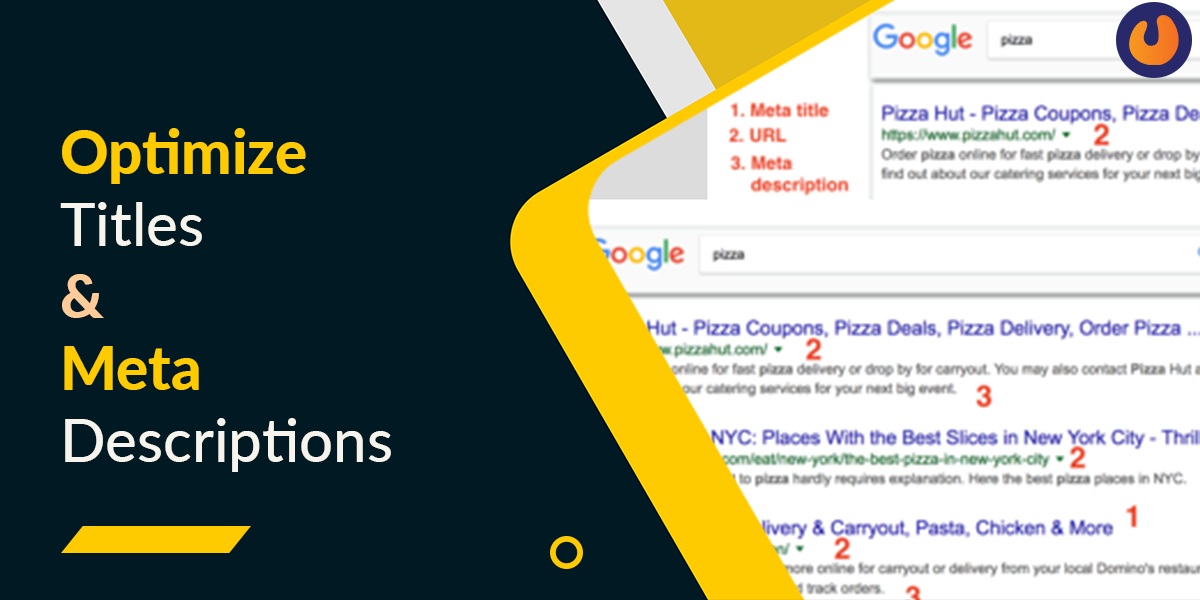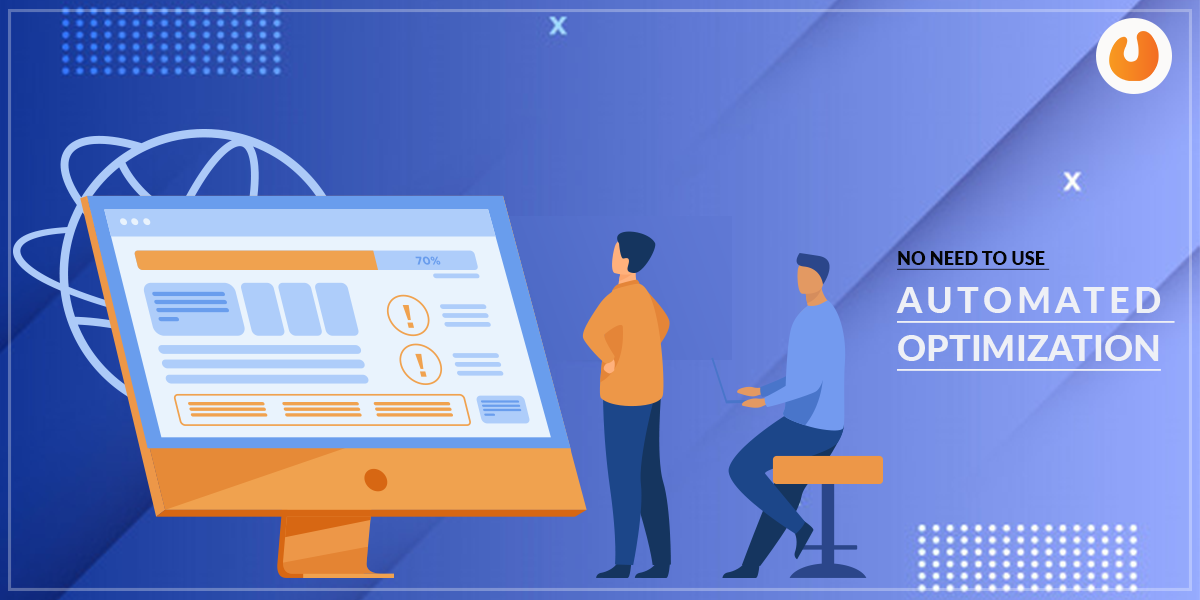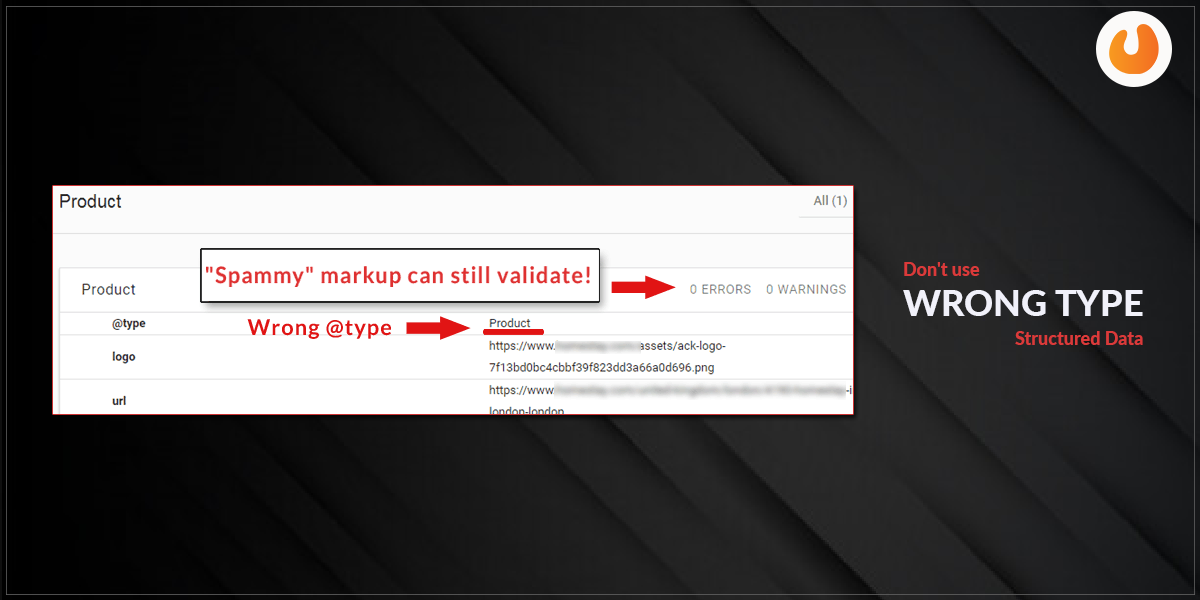An optimized product page irrespective of the content is always a perennial approach, and when it comes to eCommerce, optimization is of immense importance.
Keyword research is an essential aspect to boost web pages in the context of Search engine results pages (SERP). Besides, it is also imperative to help your brand appear on the first page of Google Search results.
All this requires an optimized product page that can help in driving traffic effectively. In this post, we will be discussing some SEO guidelines for product pages, as well as the pitfalls that you need to avoid.
Do’s of eCommerce Product Page SEO
Implement a Keyword Strategy
While conducting keyword research, make sure you use product-focused topics that users are searching for.
Don’t fixate on volume. Rather, think about relevancy and what will actually convert. In case you have data from other channels like paid search, use it in your topic and keyword research, and also do not forget to incorporate ad copies with high CTR into meta descriptions.
Optimize Titles and Meta Descriptions:
Meta descriptions and title tags have lethal significance when it comes to product page optimization. Do not forget to include details like,
- The name of the product.
- Product brand
- The model number of the product
- Other relevant information

Mark Up Product Pages with Structured Data:
If your brand has the correct structured data type, your brand can show up as a rich snippet. All product pages should come with product schema and review schema that can help in,
- Driving more impressions and clicks
- Improving your CTR and elevate sales
FAQ content:
Adding FAQ content is considered as one of the SEO best practices. Users should find your content useful and relevant, if not, your bounce rate will be high, and eventually, your sales will dip.
Adding FAQ can help a lot in engagement. FAQs can help customers with answers to questions users commonly ask. With answers already at the fore, customers find it easy to buy a product.
Focus on writing unique product and meta description
Generally, eCommerce sites tend to use the same product description for all products. Doing this is not at all beneficial in the long run.
You should give away all the necessary information to customers. Doing this can encourage them to click on your listing and drive more traffic and sales. Keywords play a quintessential role in the meta description, and hence this description should be unique for every product.
Dont’s of eCommerce Product Page SEO
No need for product descriptions from the Manufacturer’s website
This is among the most common mistakes witnessed in optimizing product pages. Many manufacturer descriptions are nowhere close to being compelling and could be the difference between being found and being invisible.
Information should be detailed for a better understanding, but at the same time, you do not want duplicate content that can hurt your SEO efforts immensely.
No need to use Automated Optimization
Populated product pages with the name of the product as the title tag, followed by brand, is not considered among the best practices. Besides, using automated descriptions and changing a few variables can actually harm your CTR.
Rather, you can include essential and relevant information in the titles, but you cannot automate and help your site rank for targeted keywords. Therefore, ensure that all the titles and meta descriptions should be unique.
Don’t remove Stock Pages
Products getting out of stock is a common thing. But should a product be temporarily unavailable? If this is the case, especially when the page has rankings and traffic, you should still keep the URL live.
For seasonal sites, this problem could seem counterintuitive to some of the site owners. To overcome this issue it is imperative to keep these pages live and provide links to other, closely related products until the item is back in stock.
Don’t use the wrong type of structured data
Structured data are one of the key components that can help to boost your site rank in the rich results and elevate traffic and sales.
Also Read – Google Tag Manager And Why Should You Set It Up
Many eCommerce sites do not implement structured data i.e. reviews and product data. If it is not in the correct form, then there is no such need to use the wrong one.
Don’t miss out on internal linking and backlinks
Links are another essential aspect of eCommerce websites. In general, brands build links to their homepages and category pages but forget about product pages. But still, these pages can rank, especially for longtail keywords that have high purchase intent and have the potential to boost revenues and sales.
Therefore, supporting product pages with efforts like internal links and paid social can improve your website’s performance and visibility.
Time to wrap
To drive qualified traffic to the website, optimizing product pages is exceedingly essential. Optimizing your page titles, building up internal links, descriptions, and body content, and decorating your pages with structured data is something you should look forward to getting product page SEO right.


 | 500+ Customer from BMBS to Fortune 500 companies
| 500+ Customer from BMBS to Fortune 500 companies






